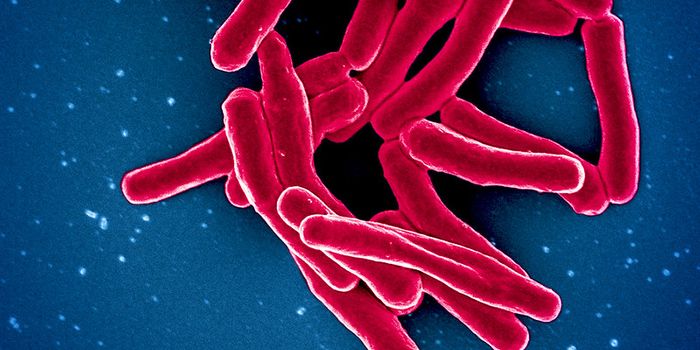How the Microbiome, Fiber, and Heart Health are Linked
High-fiber diets are linked to better health outcomes, including healthier hearts and arteries. More fiber means less atherosclerosis, a buildup of plaques in the arteries associated with heart attack and stroke. But it was not known exactly why fiber consumption and the cardiovascular system have that connection. Researchers have suspected that the community of microbes we carry in our gastrointestinal tract, the gut microbiome, is part of that link. Scientists at the University of Wisconsin-Madison have now found evidence to support that hypothesis. When gut bacteria digest fiber, they produce a beneficial fatty acid called butyrate. This work has been reported in Nature Microbiology.
"Atherosclerosis has historically been considered a disease of lipid metabolism," said the study leader Federico Rey, a UW-Madison Professor of Bacteriology. He noted that treating the disorder usually means lowering cholesterol and other fat levels. "But over the last few decades, it's been revised to be considered a chronic inflammatory disease."
For this work, the researchers used a mouse model to show that when the gut carried a bacterium called Roseburia, which generates butyrate, and a diet high in fiber was consumed, inflammation was reduced and there was less atherosclerosis compared to mice that did not host the bacterium. The fiber was essential to the effect - mice that hosted Roseburia but did not consume fiber also did not see any heart health benefit; their Roseburia made little butyrate.
To confirm the effect of the butyrate, the researchers used a slow-release form of pure butyrate that would be able to move all the way to the lower gut. They found that when mice were exposed to that type of butyrate, they were protected from atherosclerosis. The fatty plaques in these mice went down by about one-third, and other inflammatory molecules were also found to be reduced.
The study suggests that keeping arteries healthy may have more to do with reducing inflammation in the body overall than lowering fats.
If inflammation is to be kept under control, it's essential that the cells of the gut are forming a tight barrier. That keeps the inflammatory molecules that can be produced by the microbiome inside the gut and away from the rest of the body when the barrier is strong. But it also leaks them out when it’s weak.
"One important function of the gut is to keep our friendly bacteria at a distance," explained postdoctoral researcher Kazuyuki Kasahara, the first author of the study.
The cells that compose that gut bacteria are firmly attached to one another, but it can get disrupted. "When that attachment gets loose, the gut becomes leakier," noted Rey.
It has been shown previously that people with cardiovascular disease do not host as many Roseburia bacteria and other microbes that make butyrate. This work helps show why that is, and establishes a mechanistic link between fiber, the microbiome, and cardiovascular health. The researchers caution, however, that butyrate is not a miracle supplement that will aid the heart. Fiber from a good diet still appears to be the best way to stay healthy.
Years of studying fiber's effects on health have made Rey a devotee. "My wife gives me a hard time because every bread I buy is sprouted, high-fiber, whole grains," he said. "And I eat oatmeal in the morning."
Learn more about the connection between fiber, the microbiome, and heart health from the video.
Sources: AAAS/Eurekalert! Via University of Wisconsin-Madison, Nature Microbiology
-
APR 17, 2024Cannabis Sciences Virtual Event Series 2024
-
APR 30, 2024Immuno-Oncology Virtual Event Series 2024
-
MAY 07, 20243rd International Biosecurity Virtual Symposium
- See More


















































